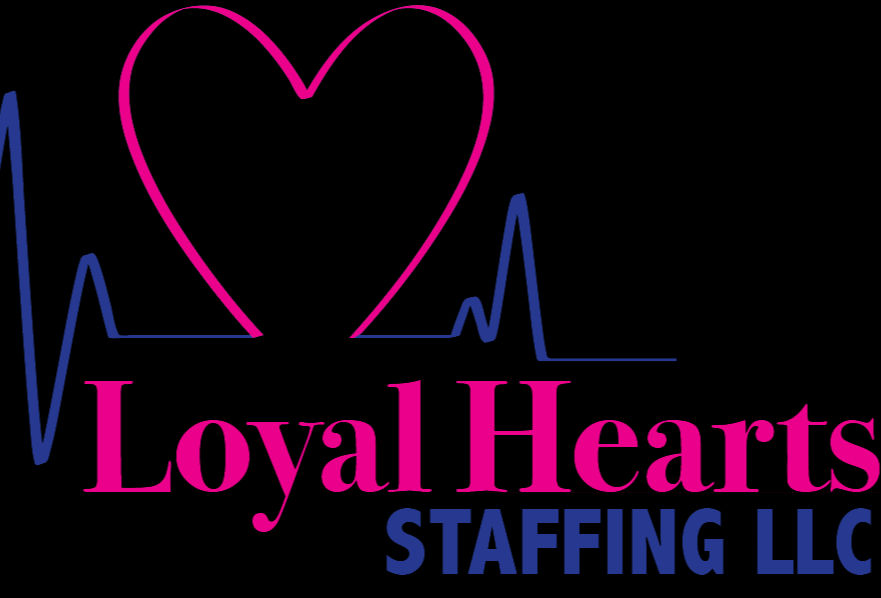5 recommendations to treat anemia
- April Swanson

- Feb 8, 2023
- 2 min read
Eat foods rich in iron
Animal products such as meat, poultry, eggs and liver are the main sources of iron. However, some plant foods such as beets, beans, chickpeas and lentils also contain small amounts of iron.
All meals should include a variety of these foods, and they can be used to create snacks such as egg sandwiches, cheese or shredded chicken.
Acidic fruits should be eaten with meals
Iron found in plant foods, such as beans and beets, is more difficult to absorb in the intestines; therefore, it is necessary to consume acidic fruits and fresh vegetables with meals to increase the vitamin C intake, favoring the rate of absorption and preventing anemia.
Therefore, it is recommended to consume lemonade with meals or consume fruits such as oranges, pineapples and tomatoes. You can also make juices with high iron and vitamin C content, such as beet juice with carrots and oranges.
Avoid foods that make it difficult to absorb iron
Foods rich in calcium, such as milk and its derivatives, reduce iron absorption and should be avoided during meals, especially at lunch and dinner. This is due to the intestinal absorption competition of calcium with iron.
Alcohol, coffee, green tea, and chocolate should also be avoided because they interfere with the body’s ability to absorb iron.
Take probiotics
An excellent way to treat anemia is to consume probiotic foods such as kefir and unpasteurized yogurt. This is because these foods support the health of the intestinal flora and contain beneficial bacteria, which support the body’s ability to absorb iron.
Supplement your iron intake
Anemia caused by iron deficiency in the body can be treated with iron supplements in the form of tablets or injections, as directed by a physician or nutritionist.








Comments